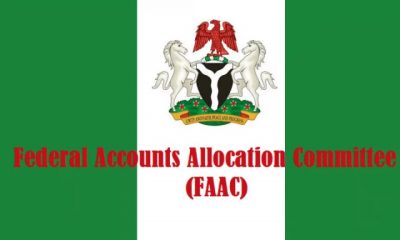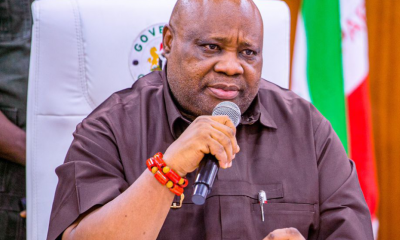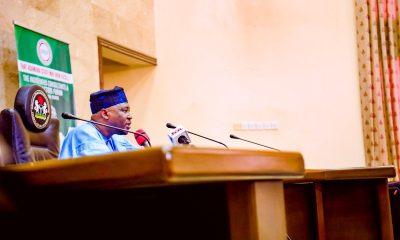The Federal Government of Nigeria with the process of ameliorating the pains of fuel subsidy removal, there are better options to cautions the hardship faced by Nigerians and it stem to say the subsidy removal palliative is not the best candid option to be introduced by the government.
The Federal Government has announced a N5bn palliative for each state of the federation, including the Federal Capital Territory to cushion the impact of the removal of the petrol subsidy.
This conserve several significant impacts on individuals, businesses, and the overall economy.
Money is characterized by its effective use as a medium of exchange, a unit of account for measuring value, and a store of value for future use.
In my opinion, the payment of N500bn as palliative at a rate of N8,000 per month over a 6-month period to 12 million of the most vulnerable households in Nigeria, including the rural poor, is a very good idea.
The injection of N500 billion into the economy over a 6-month period will have a significant positive impact.
Some people are particularly downplaying the N8,000 monthly palliative payment without considering the wholesome N500 billion. The N500 billion in the hands of the poor Nigerians will not be buried in the ground; it will be used for economic activities. It is money and will do its work as a medium of exchange.
Again, palliative in this instance is meant to have immediate and direct impacts.
Palliative is never a substitute for infrastructural development, I did not hear the Nigerian government say they would go to sleep and suspend their massive infrastructure and security plans after dishing out N500 billion as palliatives.
The distribution of monthly stipend as palliative is akin to a Conditional Cash Transfer. It is therefore worth noting that Conditional Cash Transfers (CCT) as an offshoot of the Social Intervention Programme (SIP) did not originate from Nigeria. The proposed palliative of N500 billion is modelled after Argentina’s social investment programmes, which have been successful in reducing poverty and inequality in that country. Argentina’s social intervention programmes were designed to provide targeted assistance to the poorest and most vulnerable segments of the population.
Conclusion;
I strongly advise that we be more concerned about how palliative will be distributed.
How clean is the register of the identified 12 million households in Nigeria?
Will the money actually get to the target population?
These should be our utmost concerns!
Overall, the exchange of money from one hand to another is the lifeblood of economic activity, facilitating transactions, promoting growth and investment, and influencing the purchasing power of individuals.
However, the impact of money exchanges can vary depending on the economic system, policies, and societal factors in place.
Palliative is the only low-hanging fruit the most vulnerable Nigerians, including the rural poor, have to alleviate their sufferings at this time.


 Health & Fitness3 days ago
Health & Fitness3 days ago
 Featured1 week ago
Featured1 week ago
 Aviation6 days ago
Aviation6 days ago
 Aviation4 days ago
Aviation4 days ago
 Business1 week ago
Business1 week ago
 Aviation4 days ago
Aviation4 days ago
 News1 week ago
News1 week ago
 Business1 week ago
Business1 week ago










